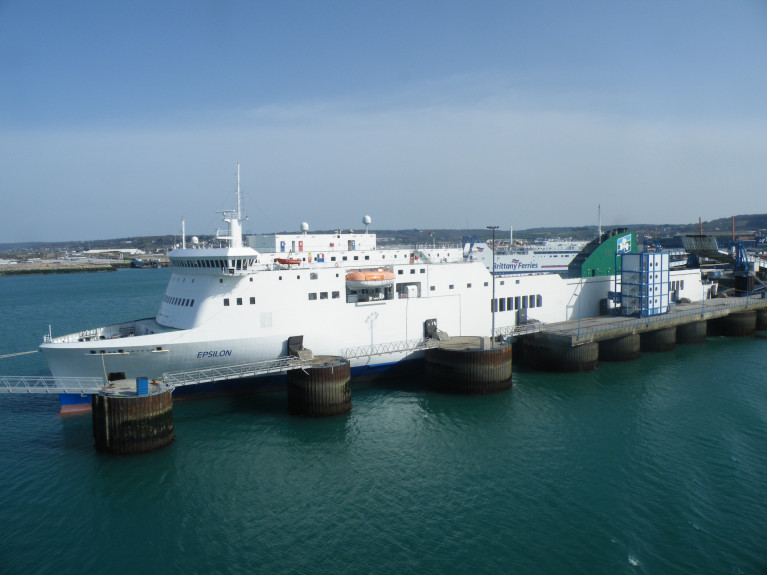Displaying items by tag: Atlantic Arc
International Fast and Secure Trade Lane Project to Bring Closer Digital Links Between Dublin Port & Cherbourg
The overall Motorways of the Sea (MoS) framework, that involve ports and maritime links across the Atlantic Arc, in particular Ireland and north-west France (Dublin Port-Cherbourg), have an increasingly important role in keeping Ireland connected to the single market.
It is essential to support the overall connectivity between Ireland and continental Europe, providing ports, shipping lines and logistic chain actors with a set of effective tools to overcome inefficiency, drive competitiveness and reduce costs.
In this framework, our overarching aim is the implementation of the 'International Fast and Secure Trade Lane' (IFSTL) approach, a trade facilitation initiative in the form of a set of harmonised and interoperable tools (business process modelling, software solutions, operational guidelines and governance models) on Motorways of the Sea routes. These MoS routes connect Ireland with France, the UK and other European countries.
Under the guidance of our chosen consultants, Circle SpA, phases 1 and 2 have been completed and the project in now moving into the third phase, in which digital solutions will be tested and validated by our project partners, Dublin Port and the Port of Cherbourg.
Progress
The IFSTL project has five distinct phases that involve:
1. The articulation of the AS IS scenario
2. The articulation of a desired future scenario
3. The identification of digital solutions
4. The validation of the digital solutions
5. Implementation
For further information Afloat adds on the IFSTL project to improving the Dublin–Cherbourg (MoS) route given the impact of Brexit, click here.
In addition news released from the Irish Maritime Development Office, click here, The IMDO is Ireland’s national dedicated development, promotional and marketing office for the shipping and shipping services sector.
They also publish an annual statistical bulletin, the Irish Maritime Transport Economist in which Afloat reported last month.
























































